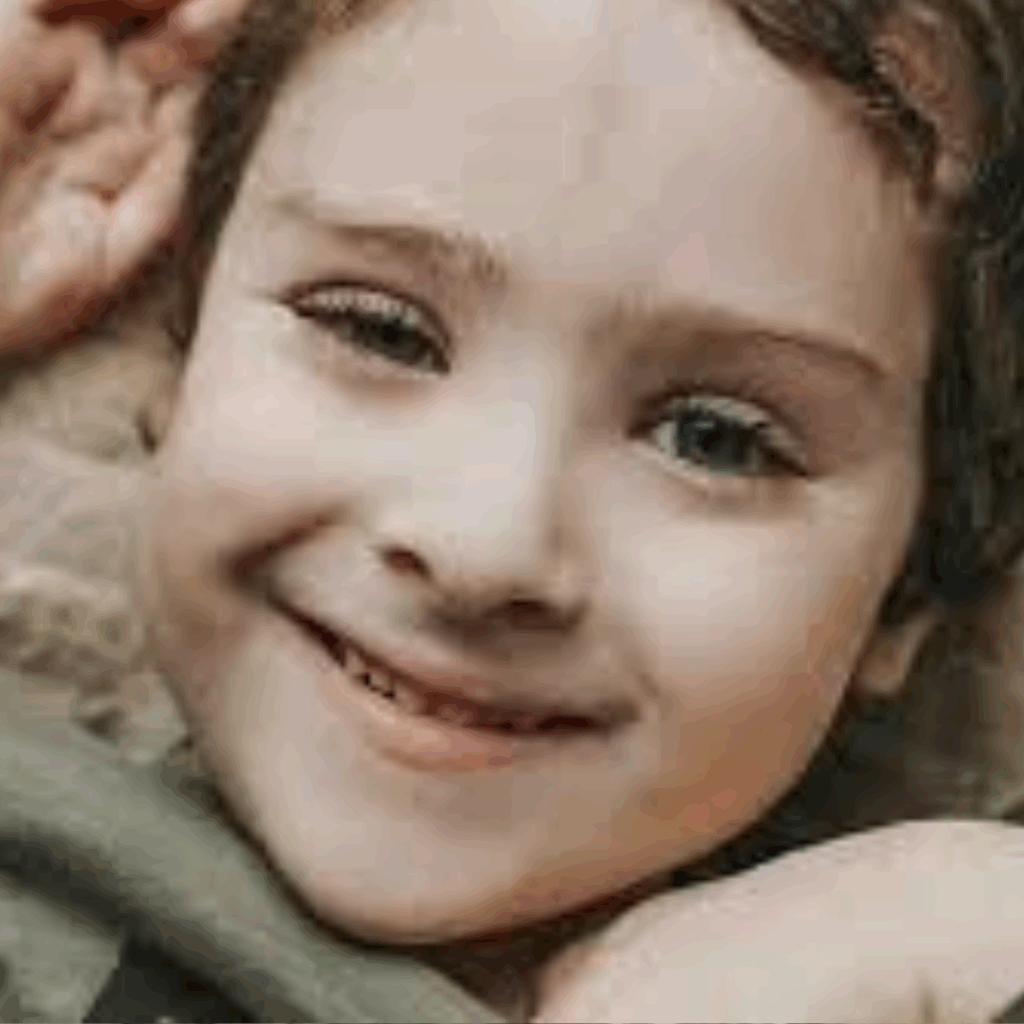Cerebral palsy (CP), often causing lifelong challenges, is one of the most common causes of childhood physical disabilities. Ensuring the best healthcare practices for individuals living with CP is a priority worldwide. By closely studying the extensive research from the Northern Ireland Cerebral Palsy Register (NICPR), Ireland has an opportunity to improve support and refine care standards for families impacted by CP.
Below, we’ll explore findings from 27 years of CP research in Northern Ireland, outline their significance, and highlight actionable steps Ireland can take to empower families and individuals coping with CP.
Understanding CP and the Northern Ireland Register
Cerebral palsy is a long-term condition affecting movement, coordination, and posture. These impairments stem from damage or abnormalities in the brain before, during, or shortly after birth. Symptoms can range from muscle stiffness (spastic CP) to motor control issues (dyskinetic CP) or a lack of balance and coordination (ataxic CP). Identifying the condition early is vital, as it allows families to access therapies and interventions to improve the quality of life for their children.
The NICPR, operational from 1981 to 2008, provided comprehensive data on CP prevalence, impairments, and socio-economic factors associated with the condition in Northern Ireland. Led by leading experts in healthcare and data analysis, it serves as one of the most robust CP surveillance systems in Europe. This research offers countless insights into CP’s causes, associations, and outcomes—tools that can influence policy, healthcare delivery, and family support in Ireland.
5 Key Insights from 27 Years of CP Research
1. Earlier Interventions Lead to Better Outcomes
Studies in Northern Ireland emphasise that early identification and intervention are crucial for improving motor ability and communication skills. Tools like the Gross Motor Function Classification System (GMFCS) categorised functional severity, helping clinicians customise treatment plans. Early interventions such as physiotherapy and speech therapy showed measurable improvement in children’s mobility, independence, and quality of life.
Ireland’s Lesson
Introducing routine CP screenings for at-risk infants—such as those born prematurely or with low birth weights—can allow earlier diagnosis and timely therapy. Training paediatric teams to apply systems like the GMFCS could enable consistency and better outcomes.
2. Accurate Data for Targeted Services
The NICPR revealed socio-economic patterns tied to CP prevalence. Higher rates of CP were observed in deprived areas, potentially linked to limited access to resources during pregnancy. This data allowed targeted resource allocation to regions with the greatest need for support.
Ireland’s Lesson
By establishing a similar CP register, Ireland could identify trends in CP prevalence and ensure that vulnerable communities receive appropriate healthcare and social services. Accurate data would bridge gaps in care delivery and improve the allocation of specialist and mobility-support resources.
3. Associated Impairments Require Comprehensive Care
CP, while primarily affecting movement, is frequently coupled with other conditions. NICPR data revealed the prevalence of intellectual impairments, epilepsy, visual or hearing disabilities, and feeding problems. These associated challenges demand a multidimensional care approach.
Ireland’s Lesson
Coordinating multidisciplinary healthcare teams—including neurologists, audiologists, dieticians, and speech therapists—can create holistic, family-centred care plans. Additionally, providing families with access to organisations, like The Jack & Jill Foundation or Enable Ireland, strengthens emotional and practical support networks.
4. Addressing Medical Negligence in CP Cases
The NICPR underlined certain perinatal factors increasing CP prevalence, such as complications during labour or delivery. Across Ireland, there have been several reports of medical negligence leading to CP diagnoses—cases where delayed Caesarean sections or failure to address foetal distress caused irreversible damage. Settlements in these cases often provide vital financial support for lifelong therapies, equipment, and home modifications.
Ireland’s Lesson
Improved hospital protocols and procedures, such as stricter oversight of CTG tracings and emergency Caesarean practices, can reduce instances of preventable CP. Transparency and accountability are equally important—parents must be encouraged to seek legal advice if they suspect negligence contributed to their child’s diagnosis. Legal firms like HOMS Assist specialise in guiding families through such processes with empathy and expertise.
5. Empowering Families through Education and Advocacy
The research highlighted the value of educating carers and families about CP. Empowered parents are better equipped to advocate for their child’s needs within healthcare systems and schools. NICPR collaborations with advocacy groups created spaces for shared knowledge and collective action.
Ireland’s Lesson
Building an accessible platform for family support, similar to the NICPR’s collaborative model, would provide vital guidance for Irish families. Online forums, local advocacy events, and educational resources could become the bedrock of parental empowerment.
Creating a CP-Sensitive Future for Ireland
Cerebral palsy is not just a medical condition but a lifelong reality for thousands of families. The Northern Ireland Cerebral Palsy Register demonstrates the potential for seismic change when healthcare providers, researchers, and policymakers collaborate.
Here’s how Ireland can lead the way towards becoming one of the most CP-sensitive nations in the world:
- Develop a National CP Register akin to NICPR to track prevalence and outcomes.
- Mandate Standardised Screenings for early diagnosis of motor or developmental conditions.
- Invest in Specialist Training for paediatric staff across urban and rural hospitals.
- Encourage Advocacy and Awareness through continuous education and inclusive programmes.
- Review and Address Negligence Protocols to improve maternity care standards.
Supporting Families—Where Do You Begin?
The challenges of cerebral palsy can isolate families, but you don’t have to face them alone. Whether you are seeking answers, justice, or simply someone to listen, organisations like HOMS Assist are here to guide you.
HOMS Assist offers expert legal advice for families affected by CP and assists with medical negligence claims when appropriate. If negligence played a role in your child’s diagnosis, our experienced solicitors will work tirelessly to get answers and ensure your child’s needs are met for life.
Learn more about cerebral palsy, your legal rights, or access compassionate legal support by visiting HOMS Assist.









